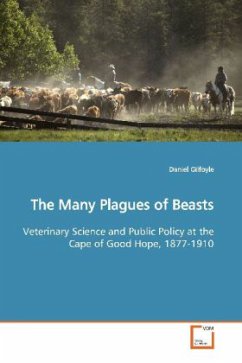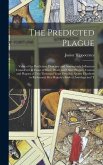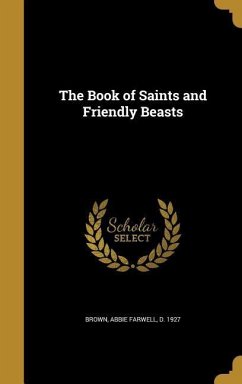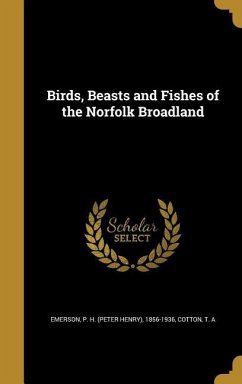This study explores the early encounters of
veterinary scientists with exotic animal diseases in
southern Africa. Placing pastoralism at the heart of
Cape society at the turn of the twentieth century, it
delineates stock disease as a key variable in
constraining the expansion of the colonial economy.
It analyses the role of individual scientists,
including the German bacteriologist, Robert Koch, in
developing knowledge about disease and technologies
of prevention. The role of farming communites and
local knowledge in the development of veterinary
policy is also stressed. While grounding veterinary
policy in the demands and needs of colonist farmers,
this study challenges the view that colonial
scientists merely served the imperial or colonial
interest. Instead it examines networks and linkages
with scientists in Europe, the United States and
Australia. Based on archival research in South
Africa, as well as contemporary scientific
publications, journals and newspapers this study
makes an important contribution to the history of
science in the colonies and to veterinary
history.
veterinary scientists with exotic animal diseases in
southern Africa. Placing pastoralism at the heart of
Cape society at the turn of the twentieth century, it
delineates stock disease as a key variable in
constraining the expansion of the colonial economy.
It analyses the role of individual scientists,
including the German bacteriologist, Robert Koch, in
developing knowledge about disease and technologies
of prevention. The role of farming communites and
local knowledge in the development of veterinary
policy is also stressed. While grounding veterinary
policy in the demands and needs of colonist farmers,
this study challenges the view that colonial
scientists merely served the imperial or colonial
interest. Instead it examines networks and linkages
with scientists in Europe, the United States and
Australia. Based on archival research in South
Africa, as well as contemporary scientific
publications, journals and newspapers this study
makes an important contribution to the history of
science in the colonies and to veterinary
history.







